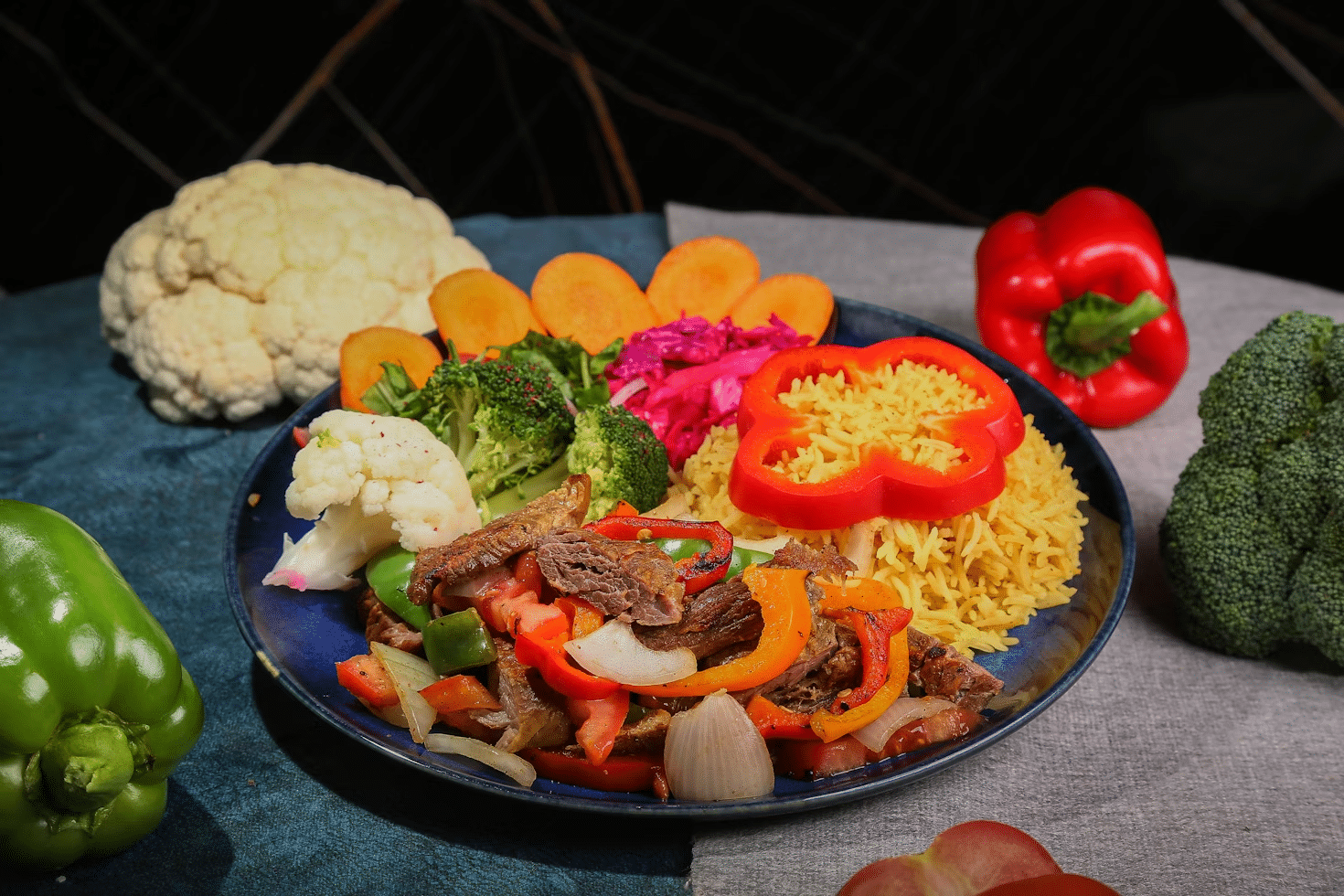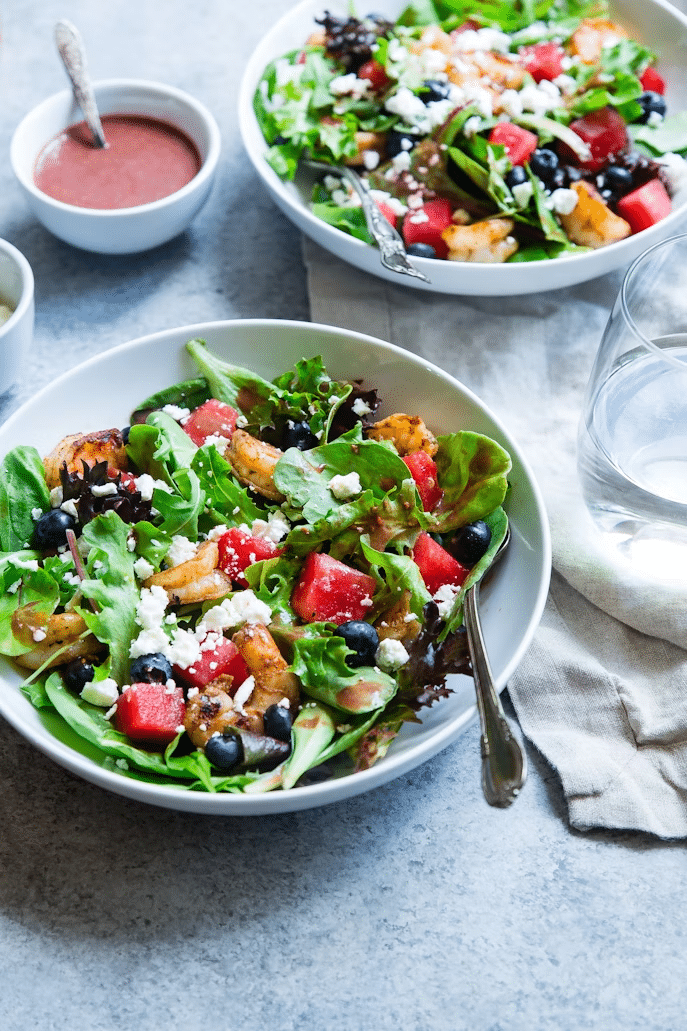A healthy diet is crucial for overall well-being, significantly affecting both mental and physical health. Yet, the idea of eating well on a budget often seems daunting. It’s easy to feel overwhelmed by the price tags on organic produce or premium health foods. The key to eating healthily without overspending is strategic planning and smart shopping.
Effective meal planning helps maintain a healthy diet while being budget-conscious. This includes incorporating more vegetables into meals to lower calorie content while adding nutritional benefits. Focusing spending on essential food groups and limiting discretionary foods ensures a well-rounded nutritional intake without breaking the bank.
Rethinking the Cost of Healthy EatingRethinking the Cost of Healthy Eating
The belief that healthy eating is expensive often stems from the high costs of trendy items like organic kale chips or imported berries. These premium products create a false narrative that nutritious food must be costly. However, these items are not necessities for a healthy diet.
In reality, many foods rich in nutrients are both affordable and filling, such as:
- Beans
- Brown rice
- Lentils
- Frozen spinach
- Sweet potatoes By focusing on the cost-per-nutrient, you can make more economical choices that still deliver essential vitamins and minerals. Healthy eating isn’t about the packaging or trendiness of the food, but about the nutrition each dollar can buy. Incorporating healthy foods into your diet can enhance your overall well-being.
Weekly meal planning can help maintain a healthy diet while staying on budget. Here are some tips to help with this:
- Shop with a list to avoid impulsive purchases.
- Avoid grocery trips when hungry to stay focused on buying necessities.
- Use seasonal produce and items on sale to further reduce food expenses.
Budgeting for Better Nutrition
Creating a food budget focused on nutrition starts with setting aside a dedicated grocery budget and using tools like shopping lists and meal plans. Effective meal planning involves mapping out meals and snacks for the week, helping you stick to your budget. Using a shopping list and avoiding trips when hungry minimize unplanned expenses and calorie intake.
To maintain nutritional balance and manage your budget effectively:
- Allocate most of your budget to the five essential food groups and food group.
- Limit the purchase of discretionary foods, as they can be costly and may hinder weight gain management.
- Choose water over sugary beverages to support hydration and save money. Remember to drink plenty of water.
Using financial tools like rewards credit cards can further stretch your grocery spending. For example, using the best credit card for miles can earn travel points while grocery shopping, turning everyday expenses into long-term benefits. Mindful purchasing decisions, including knowing how you’ll use each item, prevent overspending.
Affordable Grocery Staples That Pack a Punch

Building meals around budget-friendly, nutrient-dense foods is key to eating healthily on a budget. Staples such as canned tuna, eggs, oats, carrots, chickpeas, and bananas are both affordable and versatile. For instance, oats can serve as a breakfast or baking ingredient, while lentils work well in soups, stews, and salads.
Sardines are an economical good source of omega-3 fats, essential for heart and brain health, and their high calcium content supports bones health. Lentils, an affordable plant-based protein, also provide soluble fibre, promoting fullness and supporting gut health, which can help manage fat levels.
Mushrooms are a unique non-animal source of vitamin B12 and are high in antioxidants, which benefit overall health and wellness. Buying seasonally or locally can further reduce costs while ensuring freshness. Dark leafy greens are nutrient-dense, providing vitamins and antioxidants that support immune function and overall health and are often more affordable when bought unpackaged.
Cooking Smart, Not Fancy
Simplifying cooking can reduce costs and stress. Instead of elaborate recipes with expensive ingredients, adopt flexible dishes such as:
- One-pot meals
- Stir-fries
- Soups
- Casseroles These dishes are not only economical but also require minimal preparation time, making them ideal for busy lifestyles. Incorporating healthy recipes can further enhance your meal options.
Batch cooking and freezing leftovers save both time and money. Low-cost cooking tools like slow cookers or pressure cookers can be time-saving investments. Consistency in cooking healthy meals at home matters more than culinary flair or trendy ingredients.
Eating Out and Ordering In—The Budget-Friendly Way
Dining out is part of life, but it doesn’t have to derail your budget or healthy eating habits. To make eating out more economical and healthier, consider the following tips:
- Opt for lunch specials.
- Avoid drinks and desserts.
- Share entrees when possible.
- Choose healthier options like grilled instead of fried foods.
- Opt to eat water over soda to cut costs and calories.
Financial tools like credit cards that reward dining purchases can make occasional eating out more economical. Even with these habits, dining out can be a part of a budget-friendly lifestyle without compromising on nutrition.
Supplements and Natural Boosters on a Budget
When food alone can’t meet nutritional gaps, supplements can be a cost-effective solution. Avoid overspending on trendy products; focus on budget-friendly options like spirulina, magnesium, or green powders. Zeolite powder, for example, is a cost-effective supplement for digestion and detoxification.
Always consult a healthcare provider before adding any supplements to your routine. This ensures that you’re making safe choices and not spending money on unnecessary products.
Tips for Organic Eating Without the Organic Price Tag

Affording organic foods is possible with a few strategic tips. Shopping at local farmers’ markets, especially near closing time when markdowns are common, saves money. Use resources like the Dirty Dozen and Clean Fifteen lists to decide when organic is worth the cost.
Community-supported agriculture (CSA) programs, co-ops, and online organic markets provide bulk or subscription discounts. Practical storage methods, like freezing organic produce, extend shelf life and reduce waste.
Smart Financial Tools That Help
Digital financial tools significantly assist with food budgeting. Budgeting apps categorize grocery expenses and send alerts when nearing limits, helping manage finances effectively.
Credit cards with cashback or rewards tied to grocery purchases maximize value from your spending. The best credit card for miles, for example, can convert everyday grocery expenses into tangible lifestyle benefits, such as free flights or hotel stays.
Healthy Lifestyle Habits Beyond Food
Nutrition goes beyond what’s on the plate. Other aspects of healthy living that don’t require spending money include:
- Free or low-cost physical activity like walking, home workouts, or YouTube fitness channels
- Adequate sleep
- Hydration
- Mental well-being
Mindfulness practices like journaling or meditation are excellent wellness strategies that don’t require a budget. Incorporating these habits can significantly enhance your overall wellbeing and complement your nutritious diet.
Final Thoughts
Eating healthy is not reserved for the wealthy. With thoughtful planning, financial tools, and smart ingredient choices, anyone can adopt a nutritious diet on a limited budget while minimizing the risk. Start with one or two fresh changes—whether switching to batch cooking, trying out zeolite powder, or better utilizing credit card rewards.
Healthy living is not about spending more; it’s about spending smarter for good health and energy.
Frequently Asked Questions
Is it really possible to eat healthy on a tight budget?
Absolutely, eating healthy on a tight budget is possible through strategic planning, smart shopping, and efficient cooking. Consider making a meal plan, buying in bulk, and prioritizing seasonal produce to maximize your savings while maintaining a nutritious diet.
What are some affordable, nutrient-dense foods I can buy?
Beans, lentils, oats, and bananas are excellent choices, as they are not only affordable but also nutrient-dense. Incorporating these foods into your diet can provide significant health benefits without breaking the bank.
How can I save money when eating out?
To save money when eating out, opt for lunch specials, skip drinks and desserts, and consider sharing entrees. These strategies can significantly reduce your overall dining costs.
Are supplements necessary for a healthy diet?
Supplements are not strictly necessary for a healthy diet, but they can be beneficial in filling nutritional gaps when used appropriately and under the guidance of a healthcare provider. It’s essential to prioritize a balanced diet first.
How can I afford organic foods?
To afford organic foods, shop at local farmers’ markets, utilize the Dirty Dozen and Clean Fifteen lists for guidance, and consider joining a Community Supported Agriculture (CSA) program for potential discounts. These strategies can help make organic options more accessible and budget-friendly.
















